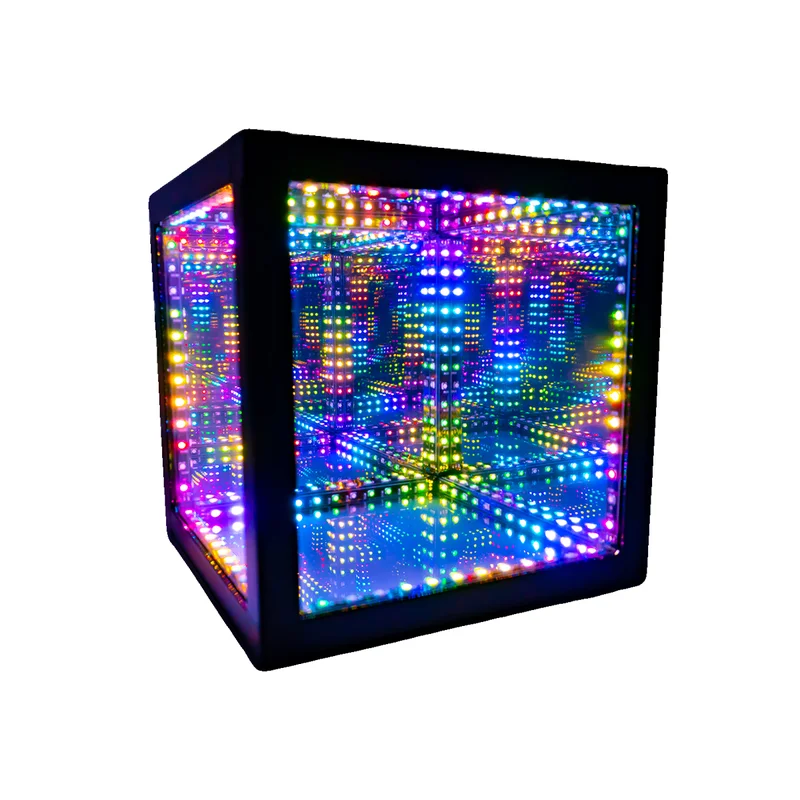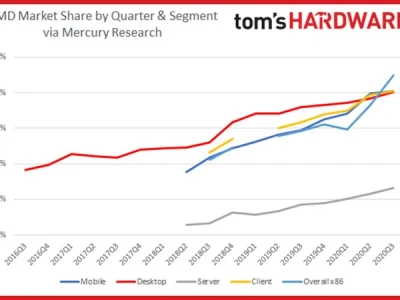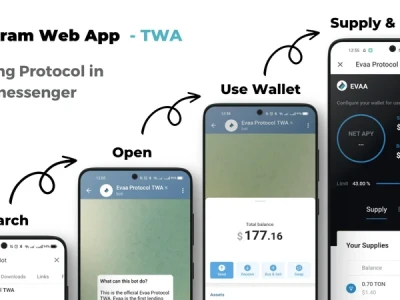So, Hyperliquid. The supposed revolutionary, the slayer of centralized exchanges, the third-largest DEX on the planet. I’ve spent days digging through the hype, the whitepapers, and the endless stream of X posts from traders who seem to have a gambling addiction they’ve successfully rebranded as a "high-leverage strategy."
And I’ve come to a simple conclusion.
This is just another crypto casino. No, that's not right—it's a casino that livestreams the high-rollers' every move for our entertainment, and we're all supposed to pretend it's the future of finance. Give me a break.
The Glass-Table Poker Game
Let's be real about what Hyperliquid is. It’s a platform built on the ashes of FTX, born from a "light bulb moment" when founder Jeff Yan realized people might not want to trust exchanges run by guys who use customer funds as their personal piggy bank. A noble cause, I guess. The solution? A decentralized exchange with its own blockchain where you can see everything. Every trade, every position, every liquidation price.
It's like a high-stakes poker game where the house has installed glass tables. You can watch the whales, the guys with stacks of chips taller than your monitor, make their moves in real time. Take this James Wynn character, a trader who apparently spent a whole 24 hours "going down the rabbit hole" on XRP before deciding to dump a "SIGNIFICANT portion" of his portfolio into it. He types out a dramatic post, talks about revolutionizing banking, and suddenly the XRP army hails him as a genius validator. XRP Gets Unusual Investment From Hyperliquid Whale
The whole spectacle is perfectly designed for the platform. The crowd goes wild, the trading volume spikes, and Hyperliquid's native token, HYPE, gets another shot of adrenaline. But is any of this real? Or is it just performance art for a platform that profits from every single trade, win or lose? Are we watching savvy investors, or are we watching the crypto equivalent of a guy betting his life savings on a single spin of the roulette wheel, all while screaming about his "system"?
The platform’s transparency is its biggest selling point, but it's also its most cynical feature. We all got to watch some whale open a $521 million short on Bitcoin, and then watch the retail army try—and fail—to liquidate him. It's bread and circuses for the digital age. The house always wins, and in this case, the house is the platform collecting fees on every degenerate 40x leverage bet. It ain't about finance; it’s about the thrill of the gamble.

From Degen Playground to Wall Street Boardroom
Here’s where the story gets really twisted. For a platform that supposedly rose from the ashes of corporate greed, Hyperliquid is now putting on a suit and tie and begging for a seat at the big kids' table.
They're raising a cool $1 billion through an S-1 filing. Hyperliquid Strategies seeks $1 billion raise to expand HYPE treasury And how are they going public? Through a merger with a special purpose acquisition company, or SPAC. You know, those blank-check companies that were all the rage a few years ago before everyone realized they were mostly just a way for insiders to cash out on garbage companies. And which SPAC are they using? One linked to a Nasdaq-listed biotech firm. I had to read that twice. A biotech company is merging with a crypto casino. Offcourse it is.
And who's leading this new, respectable, publicly traded entity? Bob Diamond, the former CEO of Barclays. Yes, that Barclays. The poster child of the old, corrupt banking system that crypto was supposed to destroy.
This is the part where the record scratches and the whole room goes silent. They built a "decentralized" platform to escape the sins of traditional finance, only to turn around and hand the keys to one of its most infamous alumni. They talk about revolutionizing banking, but all I see is the old guard finding a new, unregulated sandbox to play in. Are we really supposed to believe that a former Barclays CEO and a biotech SPAC are the saviors of decentralized finance? What problem are they even solving, other than how to get their HYPE token listed on Nasdaq?
The whole thing feels like a punchline to a joke I don't find very funny. They're trying to have it both ways: maintain the renegade, degen credibility that got them here, while simultaneously cashing in on the Wall Street legitimacy they claim to despise. It’s a fundamentally broken premise. You can't be the punk rock band playing in a grimy basement and also the polished pop act headlining the Super Bowl. At some point, you have to pick a side.
Hyperliquid has proven its tech can handle trillions in volume. Fine. But it's also shown it can attract North Korean hackers and face liquidation crises that get it branded "FTX 2.0." Now, with competitors like Aster, backed by Binance's CZ, breathing down its neck, the pressure is on. What will they choose? The chaotic, transparent, whale-vs-pleb thunderdome that made them famous? Or the sanitized, regulated, Wall Street-approved version that makes Bob Diamond and his shareholders happy?
I think we all know the answer. Money talks. It always does.
Same Circus, Different Clowns
At the end of the day, for all the talk of Layer-1s, decentralization, and "on-chain order books," this is just the same old story. A new technology comes along with promises of freedom and empowerment, and within a few years, it's co-opted by the same powerful interests it was meant to overthrow. Hyperliquid isn't a revolution. It's just a more efficient, more transparent, and frankly, more entertaining casino for the rich to get richer. And the rest of us are just pressing our faces against the glass, watching them play.

